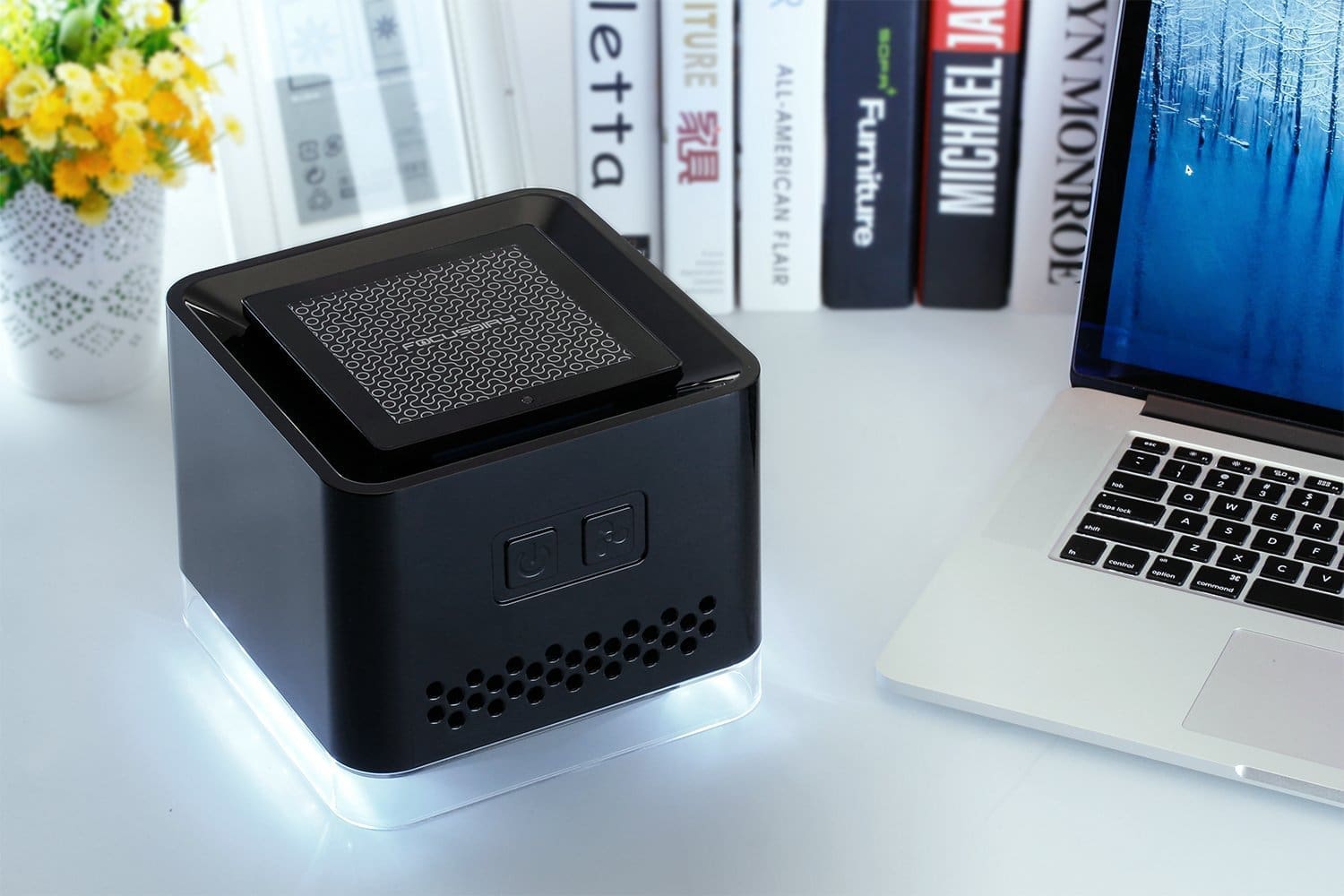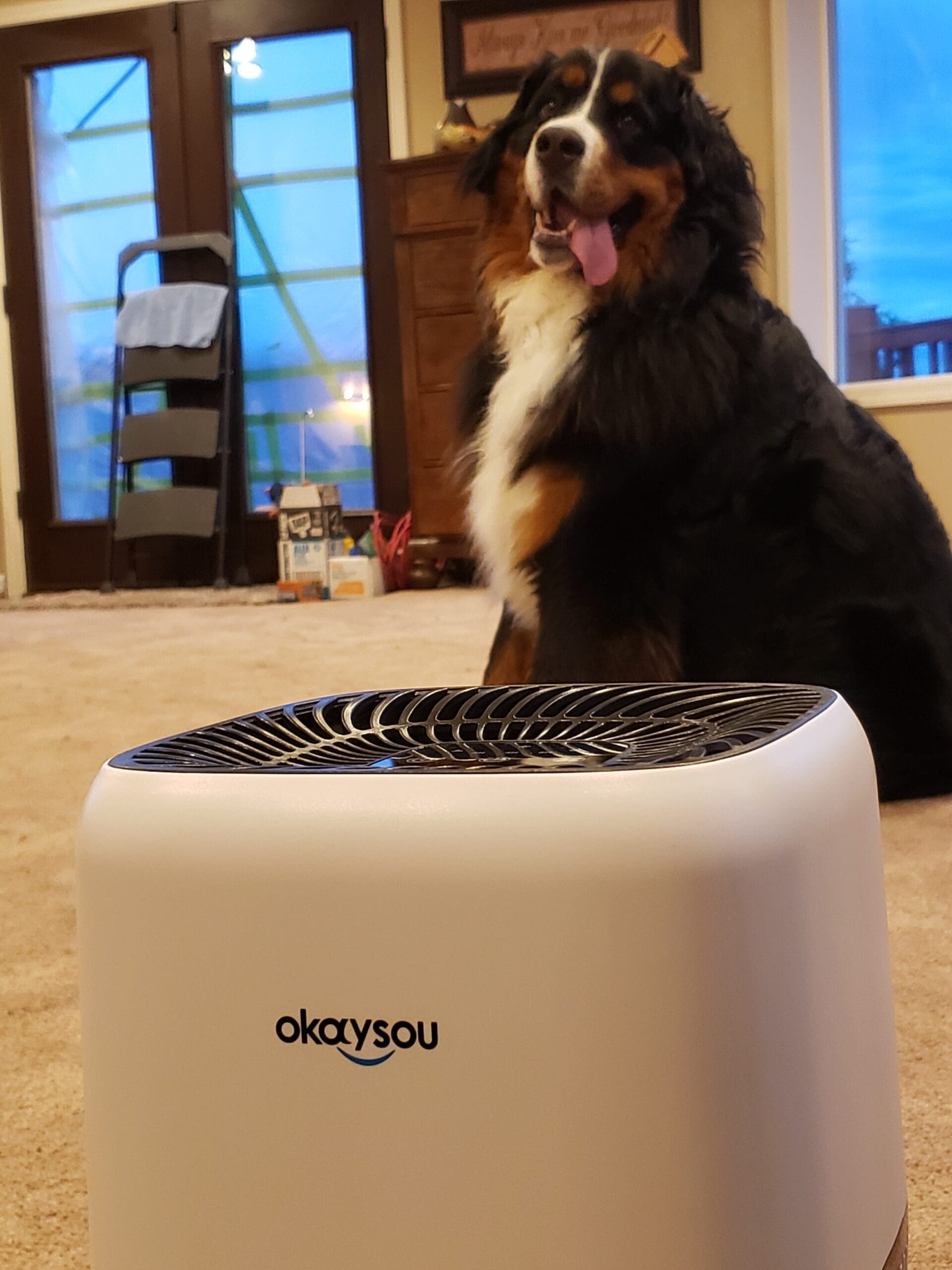How To Better Manage Your Seasonal Allergy Symptoms
When you’re allergic to pollen and dust, the spring season can be breathtaking. No, literally. Managing your seasonal allergy symptoms is paramount to your health and comfort during this time. Nobody loves constant sneezing, runny noses, congestion, and other irritating symptoms. Keep your allergies at bay with our helpful tips below.
Find a Non-Prescription Medication
Your local drugstore is full of non-prescription medications that alleviate allergy symptoms. While some medicines are prescription only, several that you can pick up over the counter work just as great.
Some medications come in antihistamines, nasal sprays, decongestants, etc. Each drug works for different people; therefore, you may need to go through trial and error before you find one that works for you.
Do a Sinus Bath
A sinus bath is when you irrigate your nasal cavity to drain pollen, mucus, and other substances that may cause irritation. Using a bulb syringe, squeeze bottle, or neti pot with saline solution will flush out and clear your sinus to eliminate congestion. You can use a sinus bath with medicine to pack a bigger punch.
Plan Your Outdoor Outings
 It’s easy to become a hermit when you’re experiencing allergies in the spring because you turn into a zombie the minute you step outside. However, this doesn’t mean you need to hole up in your home for the next several months. You only need to be mindful of how you plan your outdoor outings. Check the weather and the pollen count before you leave the house to ensure it’s low enough to not over-irritate your symptoms.
It’s easy to become a hermit when you’re experiencing allergies in the spring because you turn into a zombie the minute you step outside. However, this doesn’t mean you need to hole up in your home for the next several months. You only need to be mindful of how you plan your outdoor outings. Check the weather and the pollen count before you leave the house to ensure it’s low enough to not over-irritate your symptoms.
De-Pollen Your Home
Pollen is an outdoor thing, so how can it be in your home? If you have any air leakage in your house, this can allow pollen and dust to enter your home. Your family and friends can also drag the dreaded powdery substance in with them when they visit. Allergy-proofing your home this spring is crucial to providing a getaway when the outdoor pollen is too much to handle. For example, exchange your air filters for new ones for cleaner indoor air.
Limit Your Exposure
Limiting your exposure to pollen is one of the best ways to manage your seasonal allergy symptoms. The less pollen and dust you encounter, the less likely it is that your allergies will act up. Try to remain indoors on high pollen days (the best time to go out is after it rains because it clears the pollen in the air.) You should also avoid yard work, but if you need to weed or mow the lawn, wear a mask. Lastly, remove outdoor clothes before coming inside, and don’t hang your laundry outside to dry.
Don’t let yourself be miserable this spring season. There are ways to combat allergy symptoms! Use our guide above to manage your allergies better.





3 Comments
heather
This post was helpful as my allergies are already starting up. Sometimes my allergies are not so bad but other times they are super bad.
Tamra Phelps
Oh boy my allergies are already bonkers this season! I dread it.
gloria patterson
WOW I didn’t know all of this stuff. I am one of the lucky one’s in the family I don’t have that problem. I know my sister has problems with pine. When she travels to certain states at this time of the year she has a lot of problems. My brothers, mother and nieces all have Allergies.